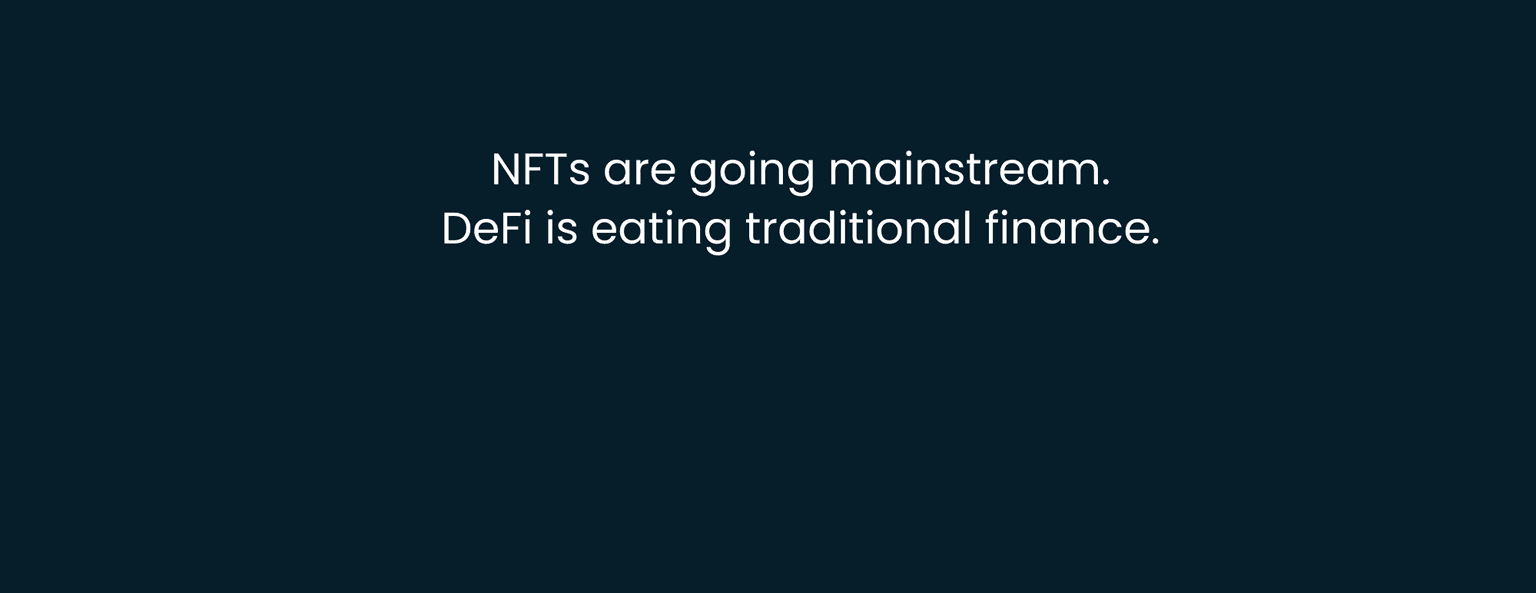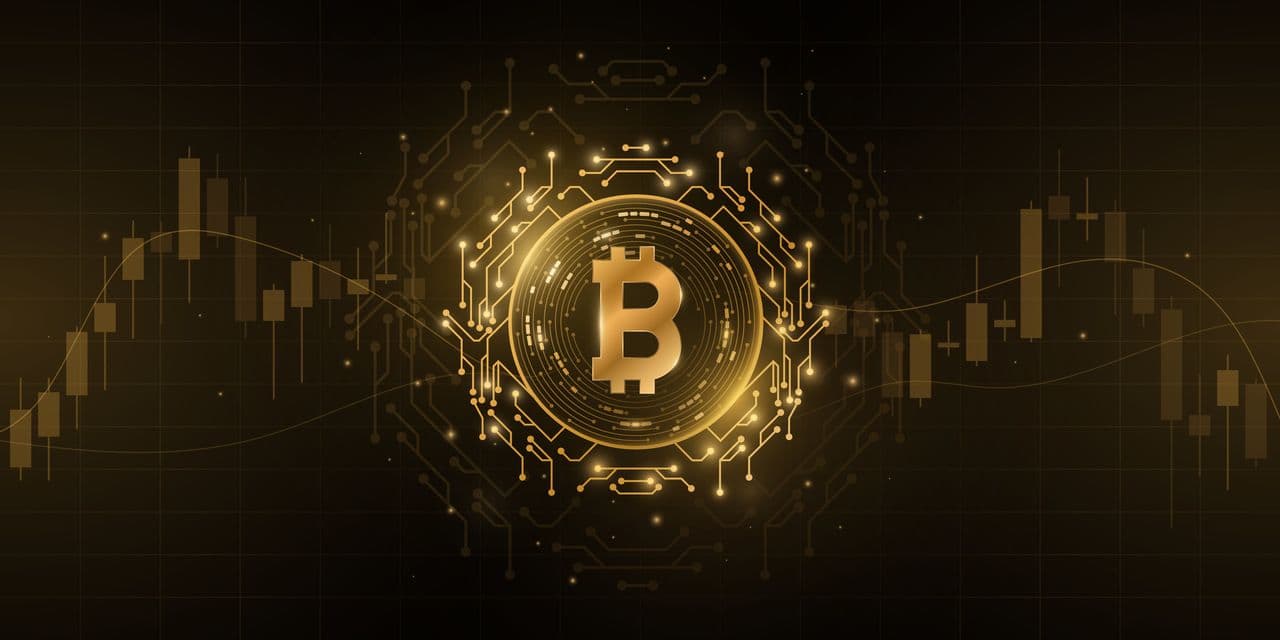What Is DeFi? – A Beginner’s Guide To Decentralized Finance
What is DeFi? An alternative to the traditional finance, Decentralized Finance is an emerging blockchain based field, based on the central idea of providing financial services without the presence of third party or intermediaries. Instead, the self-executing complex logic smart contracts are used, which operate without any intervention. It's an attempt to go "bankless" - meaning developing the ability and means to override the current financial institutions and banks for a more free inclusive and less restricted system.

What is DeFi? An alternative to the traditional finance, Decentralized Finance is an emerging blockchain based field, based on the central idea of providing financial services without the presence of third party or intermediaries. Instead, the self-executing complex logic smart contracts are used, which operate without any intervention. It’s an attempt to go “bankless” – meaning developing the ability and means to override the current financial institutions and banks for a more free inclusive and less restricted system.
The characteristics of DeFi protocols are trustlessness, resistance to censorship, decentralization, ability to verify on-chain, low barriers of entry, decentralization, unhindered transaction execution and interconnectivity- the so called lego-like composability. Unlike traditional finance, DeFi is accessible to anyone with an internet connection and a basic computer or smartphone.
Even though, DeFi protocols can be developed on any smart contracts supporting blockchain, it mostly exists on Ethereum because of the first mover advantage, subsequent network effect, community principles and large numbers of developers. As a result, most economic activity takes place on the Ethereum blockchain and it’s fees revenue eclipses any other platform.
Eight Core DeFi Services
Decentralized Finance (DeFi) has eight core services, which have composability and largely operate in tandem. From basic protocols providing the core functionalities strictly, DeFi has evolved on to more complex protocols, combining multiple core services.
- Stablecoins – The stablecoins are tokens pairing 1:1 with a FIAT currency, mostly the United States Dollars (USD) itself. The DeFi based stablecoins are issued by taking other crypto-assets as collateral and are largely over-collaterized – the underlying assets are more than the issued token.
- Borrowing And Lending – They allow users the ability to provide assets for yield and for others to borrow while providing collateral. All financial services rely heavily on credit systems and DeFi is no different.
- Exchanges – They provide the ability to swap and trade assets in a decentralized manner, without taking custody of funds and without any insolvency risk.
- Derivatives – A derivative is a contract whose value is derived from another underlying asset such as crypto-assets, stocks, commodities, currencies, indexes, bonds etc.
- Fund Management – The decentralized fund management services for crypto-assets offering active and passive strategies to generate profits on one’s assets.
- Lottery – A money pooling services, where all contribute to determine a winner randomly. DeFi enables further gamified, auditable and truly random form of lotteries. It’s even possible to play no-loss lottery with the base capital returning to all participants and interest on pooled money going to the winner.
- Payments– These enable rapid and trustless transfer of value between two parties, to facilitate trade and commerce.
- Insurance – The decentralized insurance protects against smart contract and market risk, it provides protection against asset loss or loss in the value itself.





























